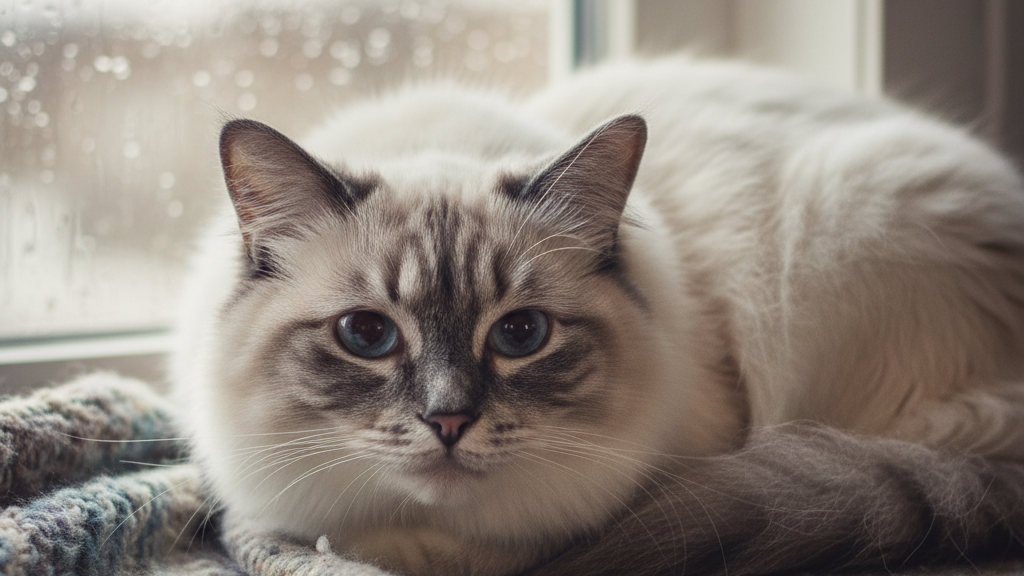Table of Contents
What Are Mouth Ulcers in Cats?
Mouth ulcers are open sores that can appear anywhere in your cat’s mouth, including the gums, tongue, and inner cheeks. They often appear as red, inflamed areas and can cause significant discomfort. These ulcers can develop from various causes, including dental disease, viral infections like feline calicivirus, immune system problems, or even trauma from eating something sharp.
Common signs your cat may have mouth ulcers include difficulty eating, excessive drooling, bad breath, pawing at the mouth, and reluctance to eat hard food. Some cats may also show signs of pain when their face is touched.
Understanding the Root Causes
It’s important to understand that mouth ulcers can stem from different underlying issues. Chronic inflammation of the gums and mouth tissues, known as gingivostomatitis, is a common cause. Viral infections, particularly feline calicivirus, can also trigger ulcer formation. Sometimes, the cause may be related to stress, nutritional deficiencies, or immune system imbalances.
Holistic Approaches to Support Healing
While these approaches should never replace professional veterinary care, they may complement traditional treatment:
Nutritional Support: A high-quality diet rich in omega-3 fatty acids can help reduce inflammation. Some cat parents find success with raw or minimally processed diets, though this should be discussed with your veterinarian first.
Stress Reduction: Since stress can worsen oral health issues, creating a calm environment is crucial. Consider using pheromone diffusers, maintaining consistent routines, and providing quiet spaces for your cat to retreat.
Natural Supplements: Some holistic practitioners recommend supplements like lysine for viral-related ulcers, probiotics for immune support, and vitamin C for tissue healing. However, dosing must be appropriate for cats, as their nutritional needs differ significantly from humans.
Gentle Oral Care: Soft food diets can reduce pain while eating.
Important Considerations
Remember that mouth ulcers can indicate serious underlying conditions that require professional diagnosis and treatment. Some cases may need antibiotics, anti-inflammatory medications, or even dental procedures.
Never attempt to treat mouth ulcers solely with home remedies, as delayed proper treatment can lead to more serious complications. What works for one cat may not work for another.
The most effective approach combines professional veterinary care with appropriate supportive measures. Your veterinarian can determine the underlying cause of the ulcers and recommend the best treatment plan. They can also advise which holistic approaches might be safe and beneficial for your specific cat. With proper care and patience, most cats with mouth ulcers can return to comfortable, healthy lives


